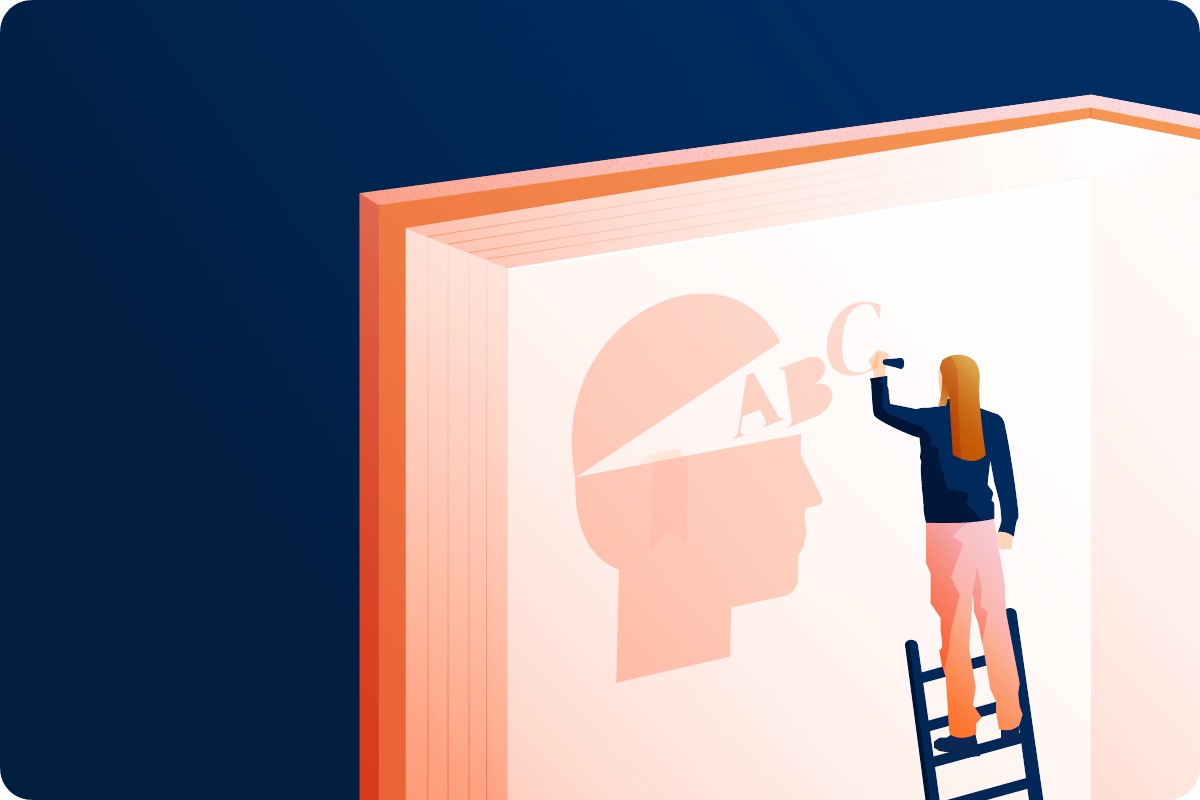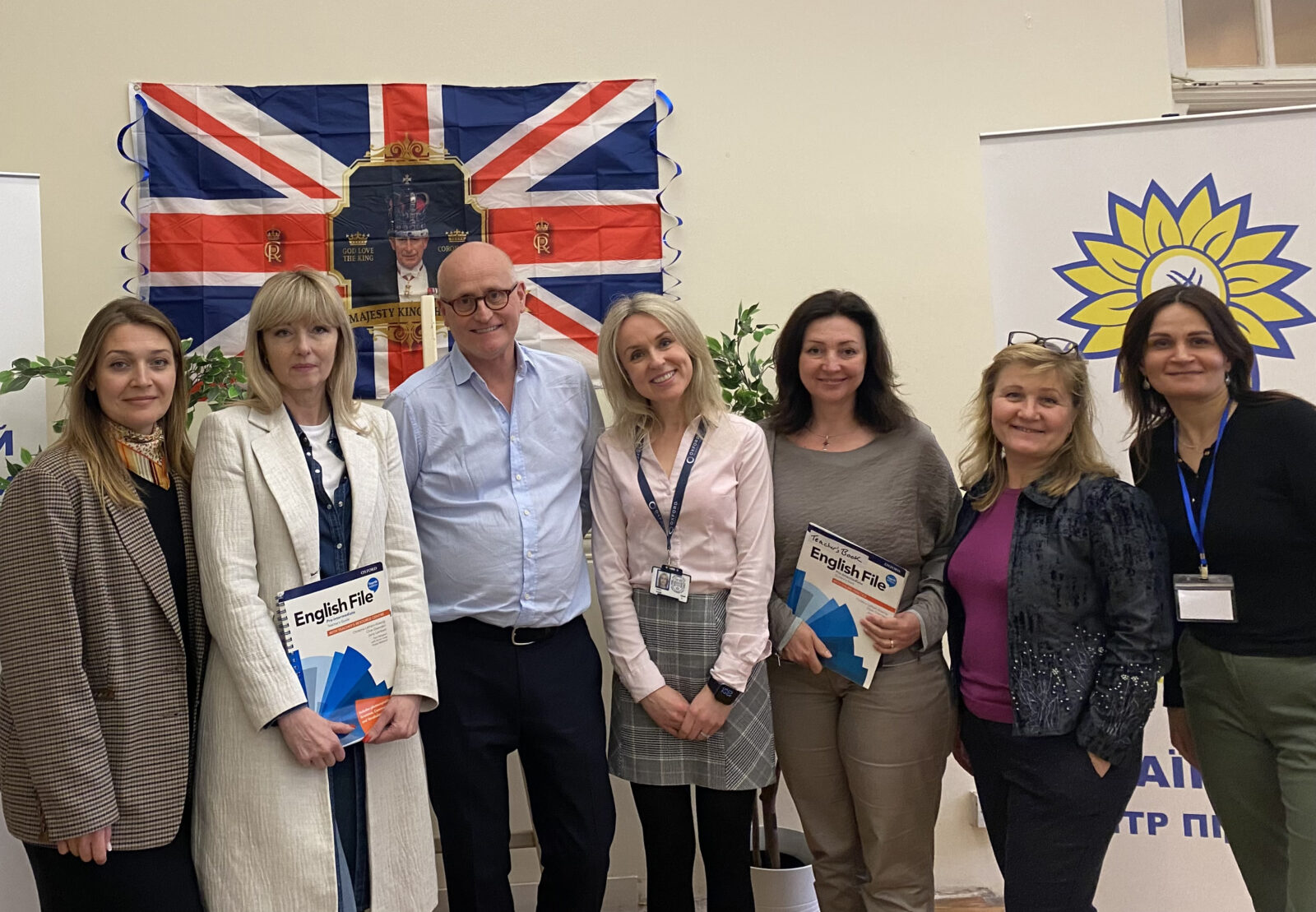New paper equips teachers and schools to support refugee learners

With more than 100 million people worldwide forced to flee their homes, refugees have become a growing part of classrooms around the world. This can be challenging to both teachers and refugees when they don’t have the proper tools and support.
Our new paper, written by Hayo Reinders—researcher, professor, and founder of the Institute for Teacher Leadership—offers practical advice and adjustments needed to ensure that teachers and schools are equipped to support and prepare for refugees. The paper is written primarily for language teachers, but the advice is applicable and relevant to all teachers.
The paper finds that one of the main challenges refugees face is becoming proficient in their host country’s language, which is a key factor in successfully resettling and integrating. Poor language skills can become a barrier to economic stability, further learning opportunities, and cultural integration. Language development is also linked with important psychological gains, such as an increased or renewed sense of dignity and self-worth.
However, educators must be supported to give refugee students the best chance to succeed. The paper acknowledges that one of the most important features of language teaching for refugees is that it’s applicable in the context of their lives. Such tailored teaching materials, which a teacher may not have access to, may be different from what non-refugee learners would normally receive in class. Additionally, the paper considers that as many refugee learners end up being resettled to other towns or countries, it’s important that teachers help them develop the ability to regulate their own learning and monitor their progress.
When it comes to teaching refugees, it’s clear that no one size fits all; the approach needs to be personalized to the individual learner. An important feature of the paper therefore is a ‘toolkit’—a set of practical resources for teachers and their organizations—to encourage reflection and discussion throughout the preparation and support process.
You can read the full paper here.

